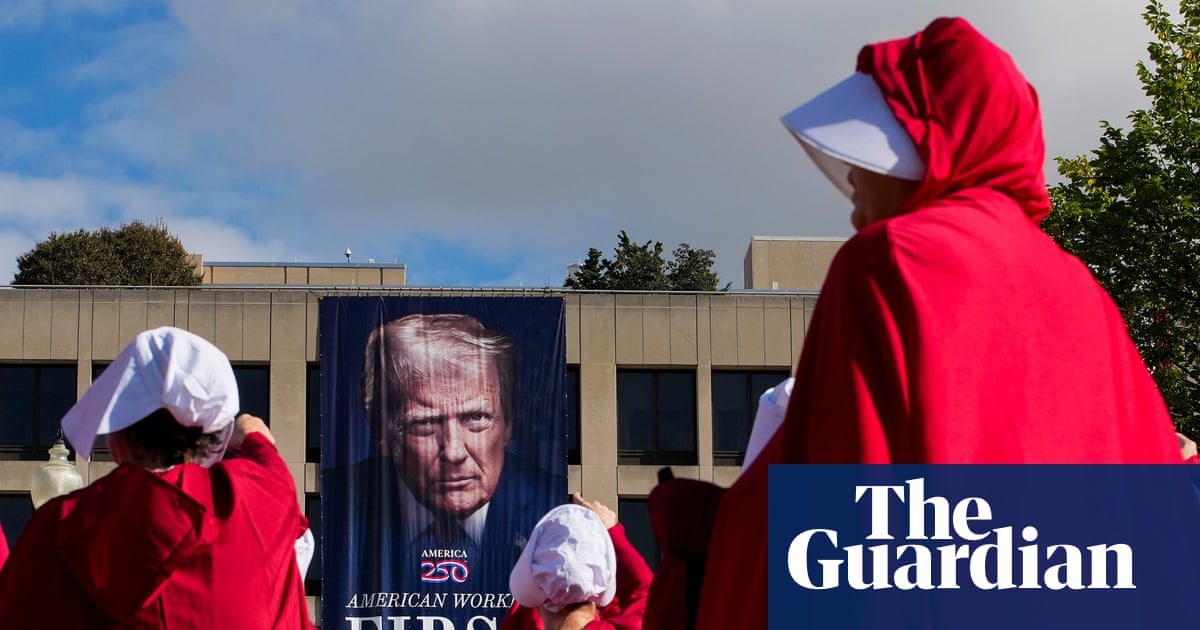By Sarah N. Lynch and Andrew Goudsward
ALEXANDRIA, Virginia (Reuters) -Former FBI Director James Comey will appear in federal court on Wednesday to face criminal charges of making false statements and obstructing a congressional investigation, in what marks the first prosecution by the Justice Department against one of President Donald Trump's political enemies.
Comey is expected to plead not guilty to the charges, which were brought by Trump's former personal attorney, Lindsey Halligan, who was installed last month as the U.S. attorney for the Eastern District of Virginia after Trump forced out her predecessor over his reticence to prosecute Comey and New York Attorney General Letitia James.
Comey, who is to appear at an Alexandria, Virginia, court, is accused of knowingly making a false statement when he told a Republican senator during a hearing in 2020 that he stood behind prior testimony that he did not authorize anyone to serve as an anonymous source in news reports about FBI investigations.
The indictment accuses Comey of authorizing an FBI employee to disclose information about a federal probe. The indictment does not identify the investigation, but it appears to relate to Democrat Hillary Clinton, Trump's rival in the 2016 election. It does not detail the evidence against Comey.
Comey has professed his innocence and called for a trial.
TRUMP PURSUING POLITICAL RIVALS
Trump has threatened to imprison his political rivals since the start of his 2016 presidential campaign, but the case against Comey marks the first time his administration has succeeded in securing a grand jury indictment against one of them. Trump's Justice Department is also investigating other antagonists, including James, Democratic California Senator Adam Schiff, and John Bolton, who served as a national security official in Trump's first term as president.
Halligan, who has no prosecutorial experience and previously worked as an insurance attorney, presented the evidence in the case to the grand jury.
Career attorneys in the office previously drafted a memo urging her not to proceed with seeking an indictment, citing a lack of evidence to establish probable cause that he committed a crime, Reuters reported. In a highly unusual move, the government dispatched two federal prosecutors from a different office in Raleigh, North Carolina, to handle the case.
The charges against Comey came shortly after Trump complained publicly about a lack of action on the case. The Justice Department's willingness to respond to Trump's demands represents a breach of decades-long norms that have sought to insulate U.S. law enforcement from political pressures.
More than 1,000 Justice Department alumni from Republican and Democratic administrations recently signed a letter decrying the case against Comey as "an unprecedented assault on the rule of law."
During his first term as president, Trump fired Comey, who at the time was presiding over the FBI's investigation into contacts between Trump's 2016 presidential campaign and Russia. The firing sparked a political firestorm and led to the appointment of Special Counsel Robert Mueller, whose investigation dogged much of Trump's first presidency.
Mueller's probe ultimately concluded there was not enough evidence to establish a criminal conspiracy.
(Reporting by Sarah N. Lynch and Andrew Goudsward; editing by Scott Malone and Rod Nickel)

 German (DE)
German (DE)  English (US)
English (US)  Spanish (ES)
Spanish (ES)  French (FR)
French (FR)  Hindi (IN)
Hindi (IN)  Italian (IT)
Italian (IT)  Russian (RU)
Russian (RU) 























Comments